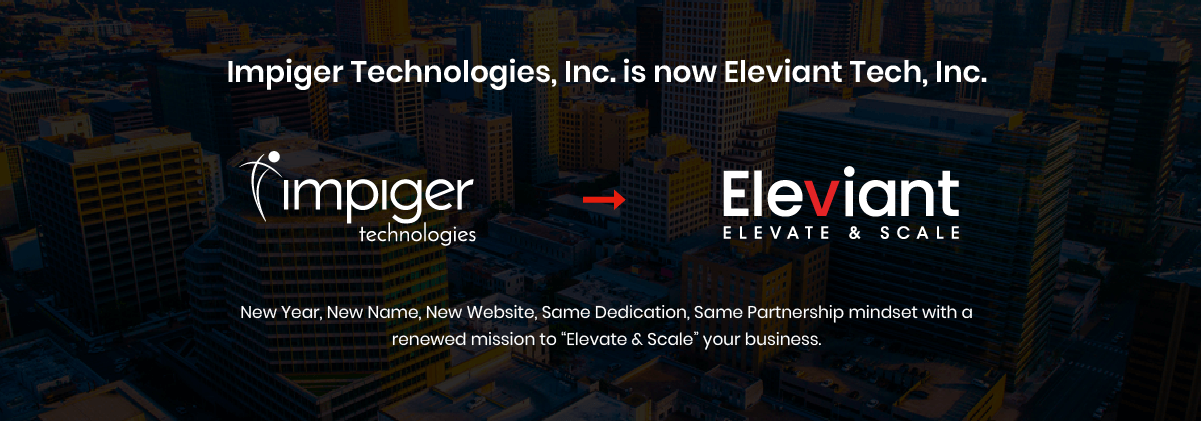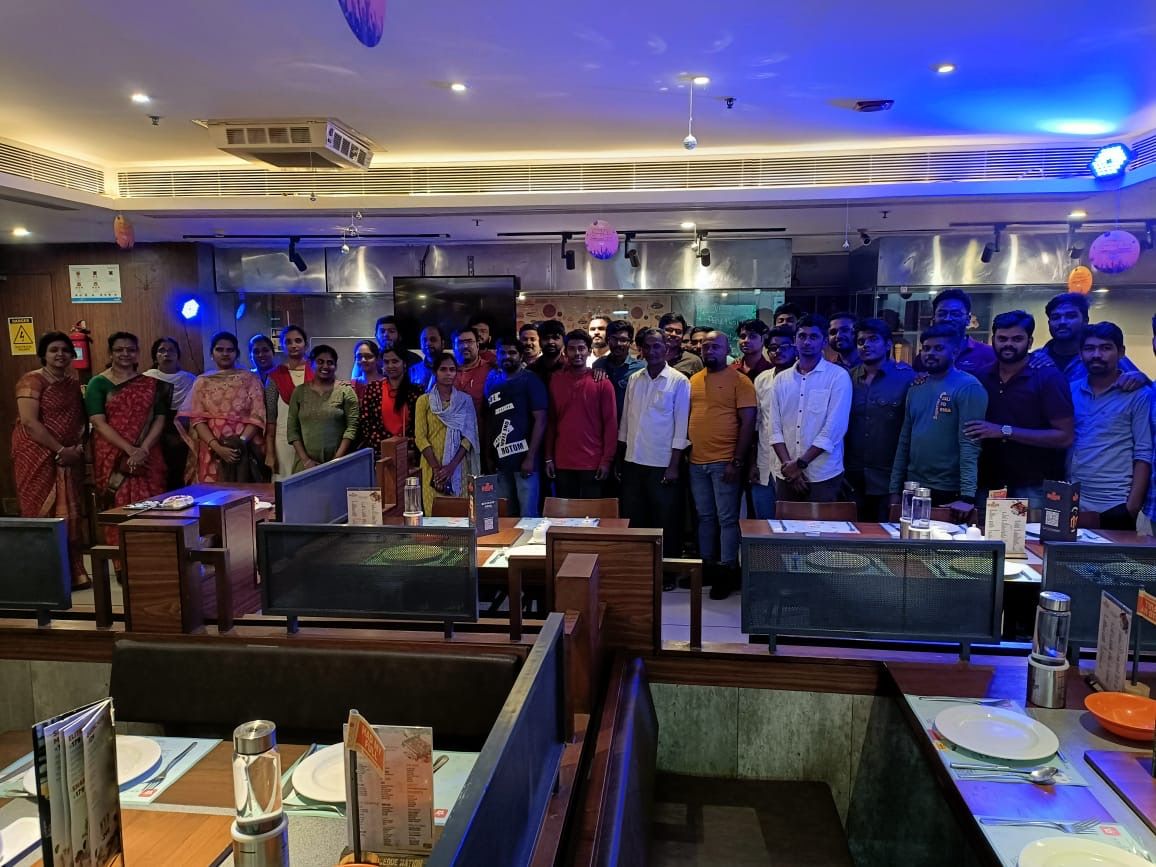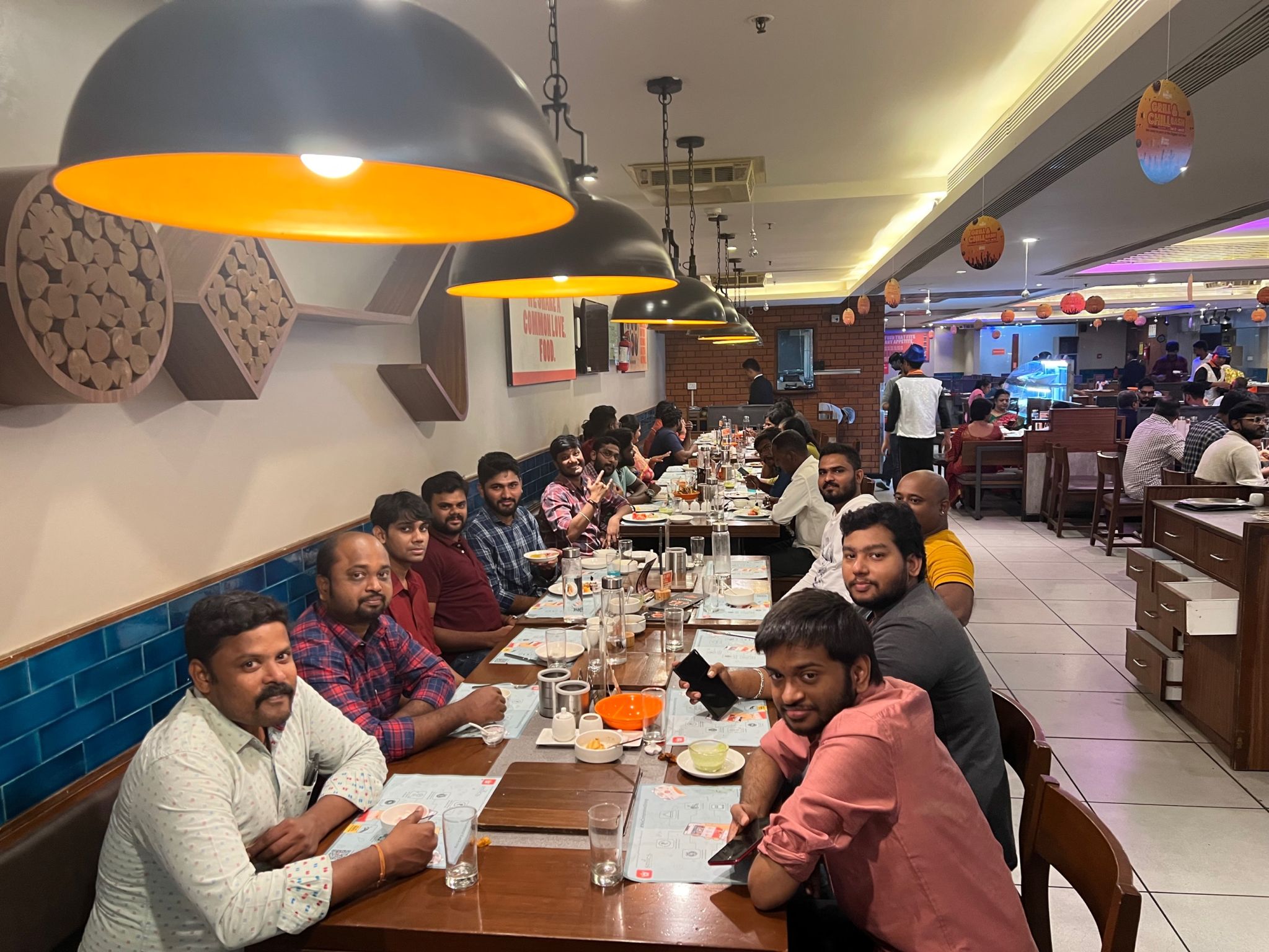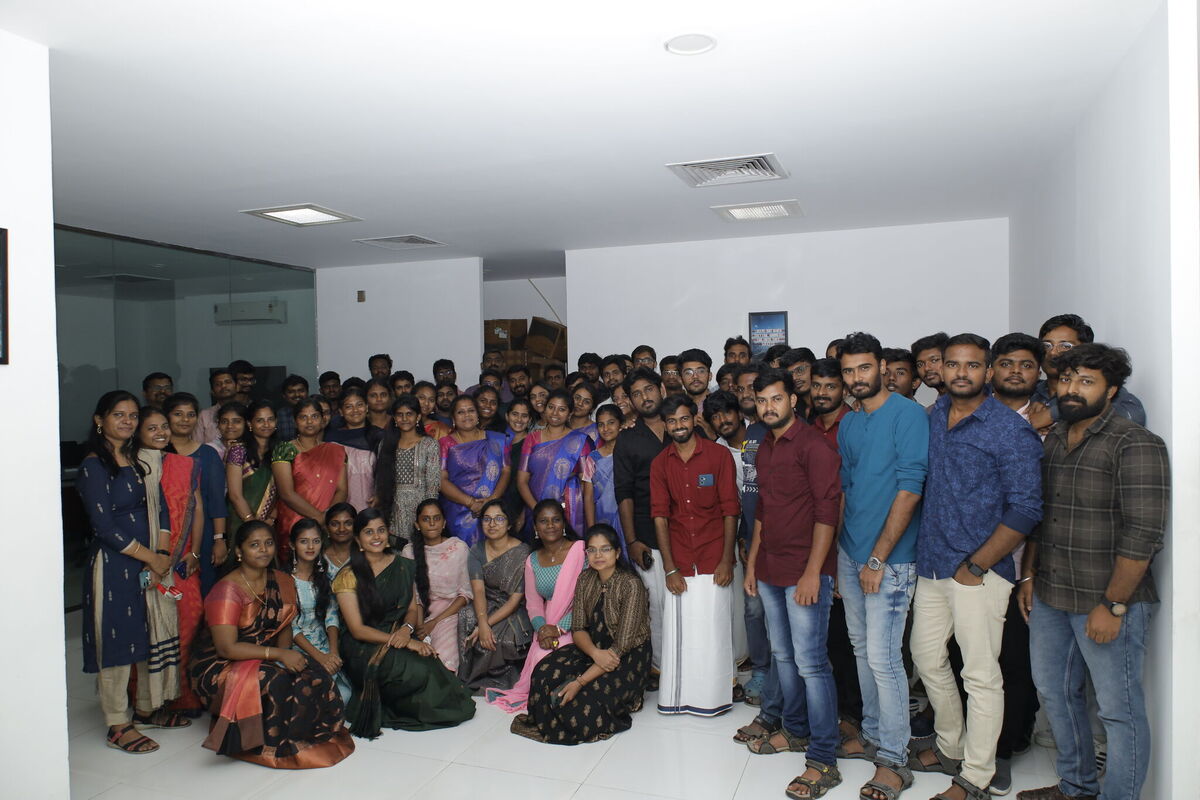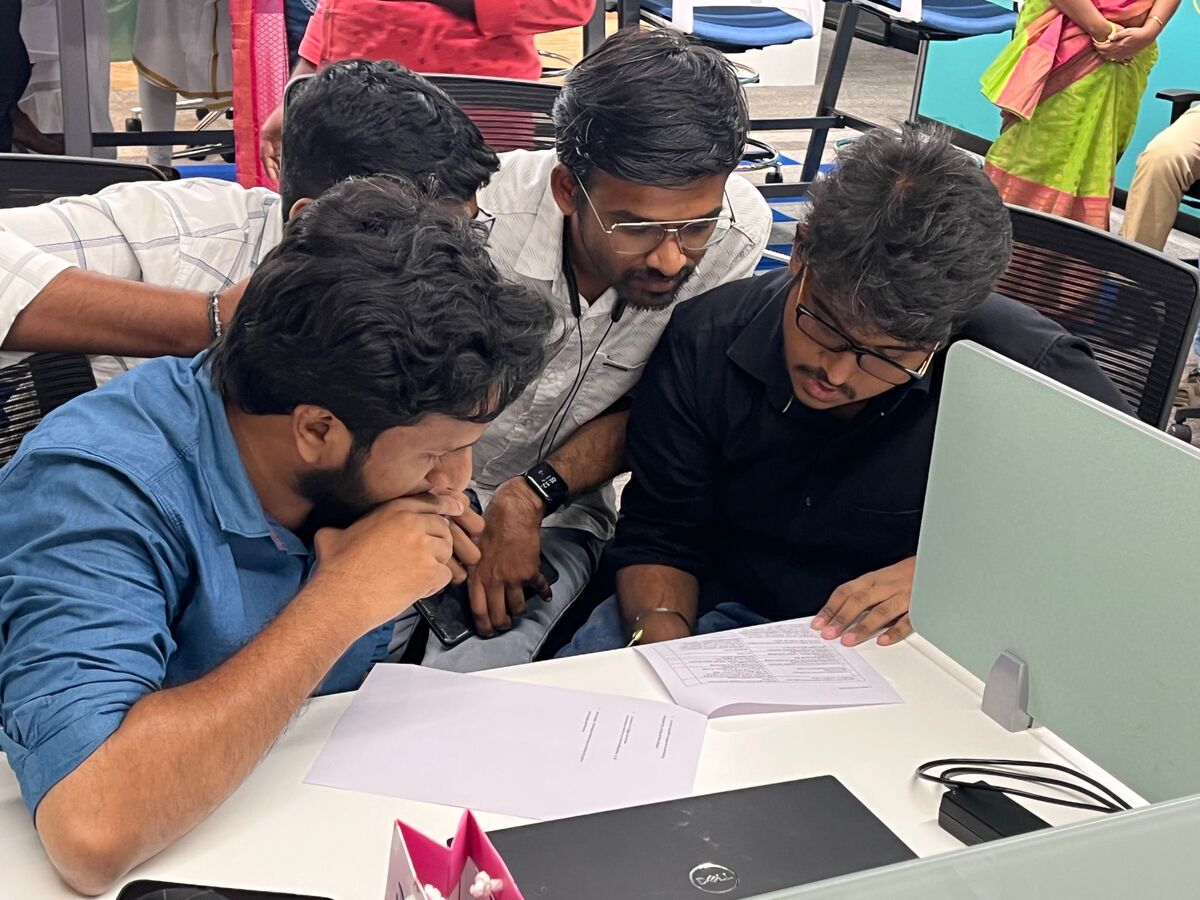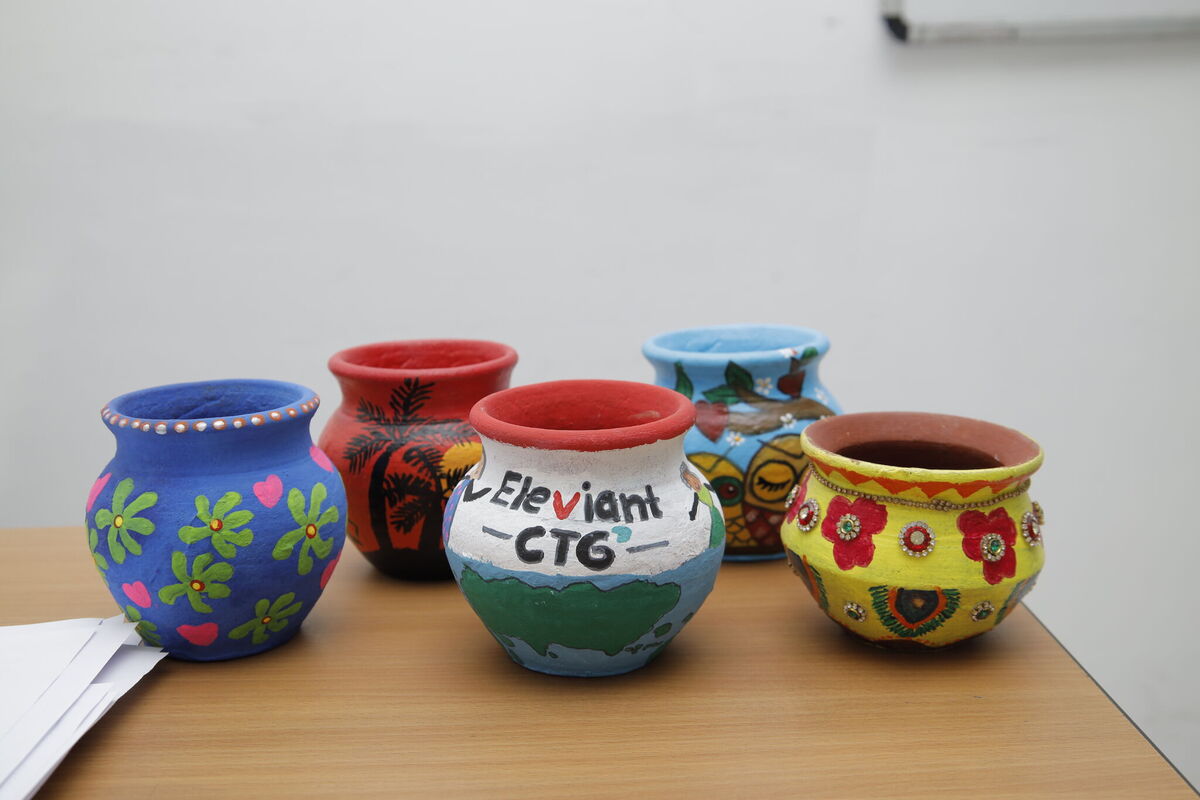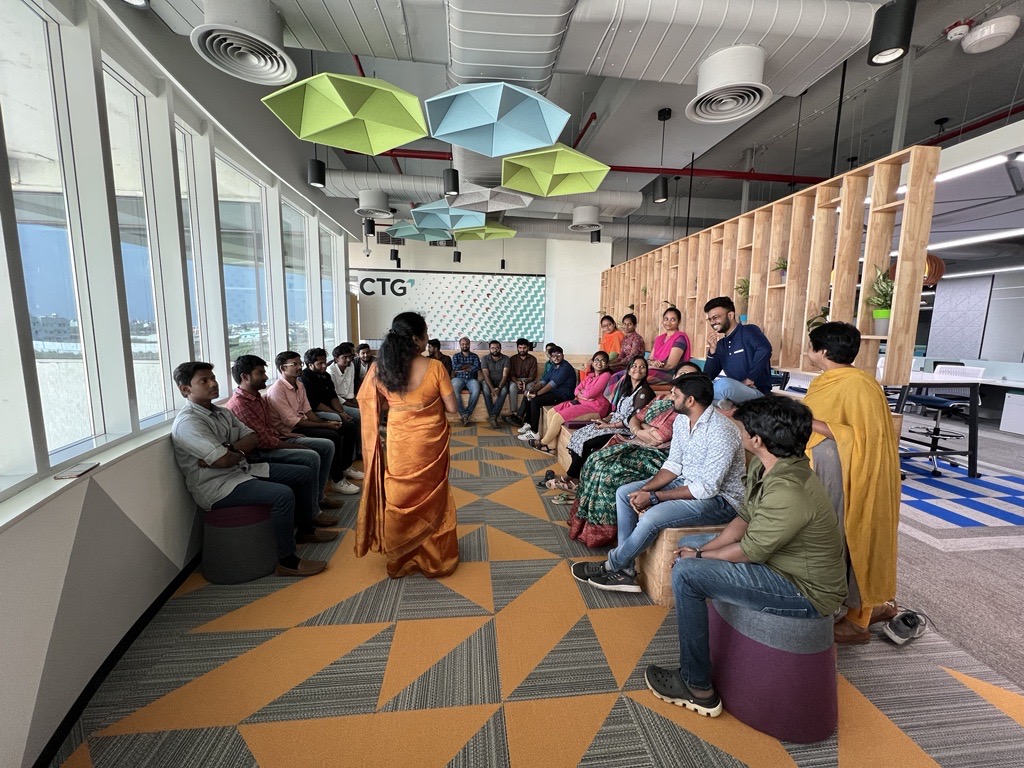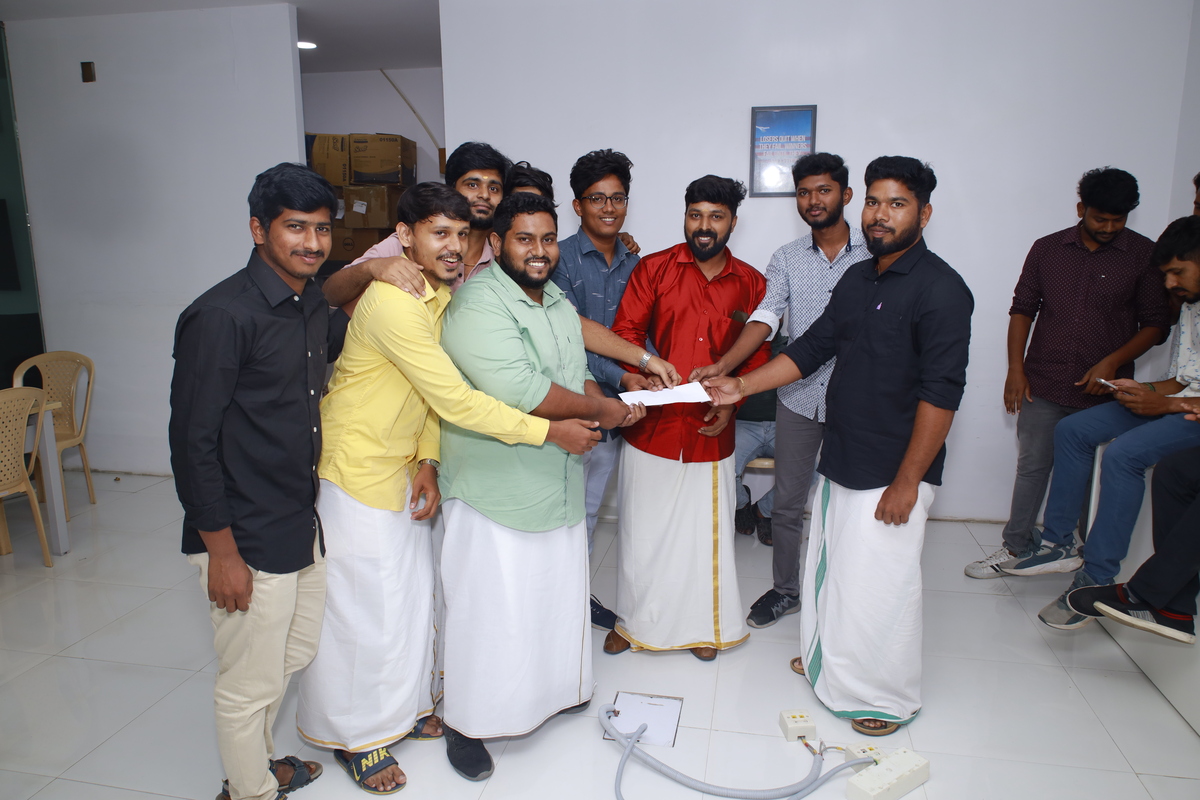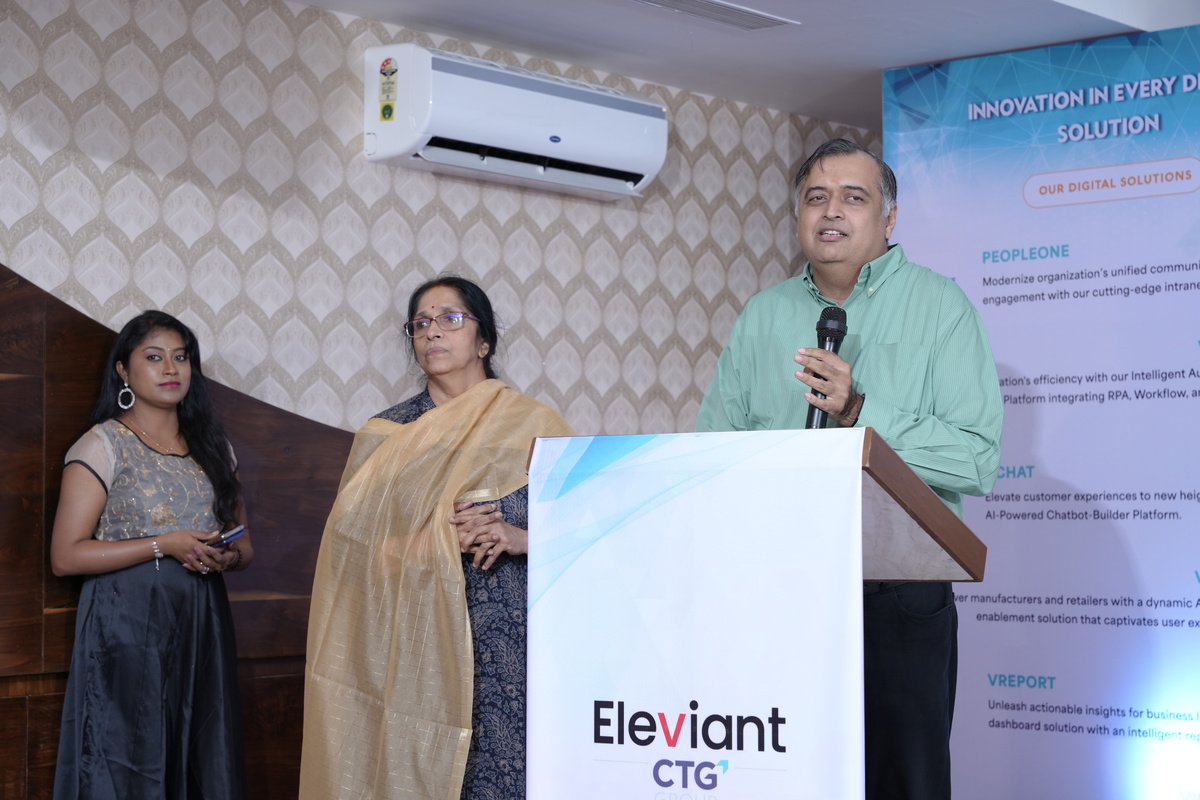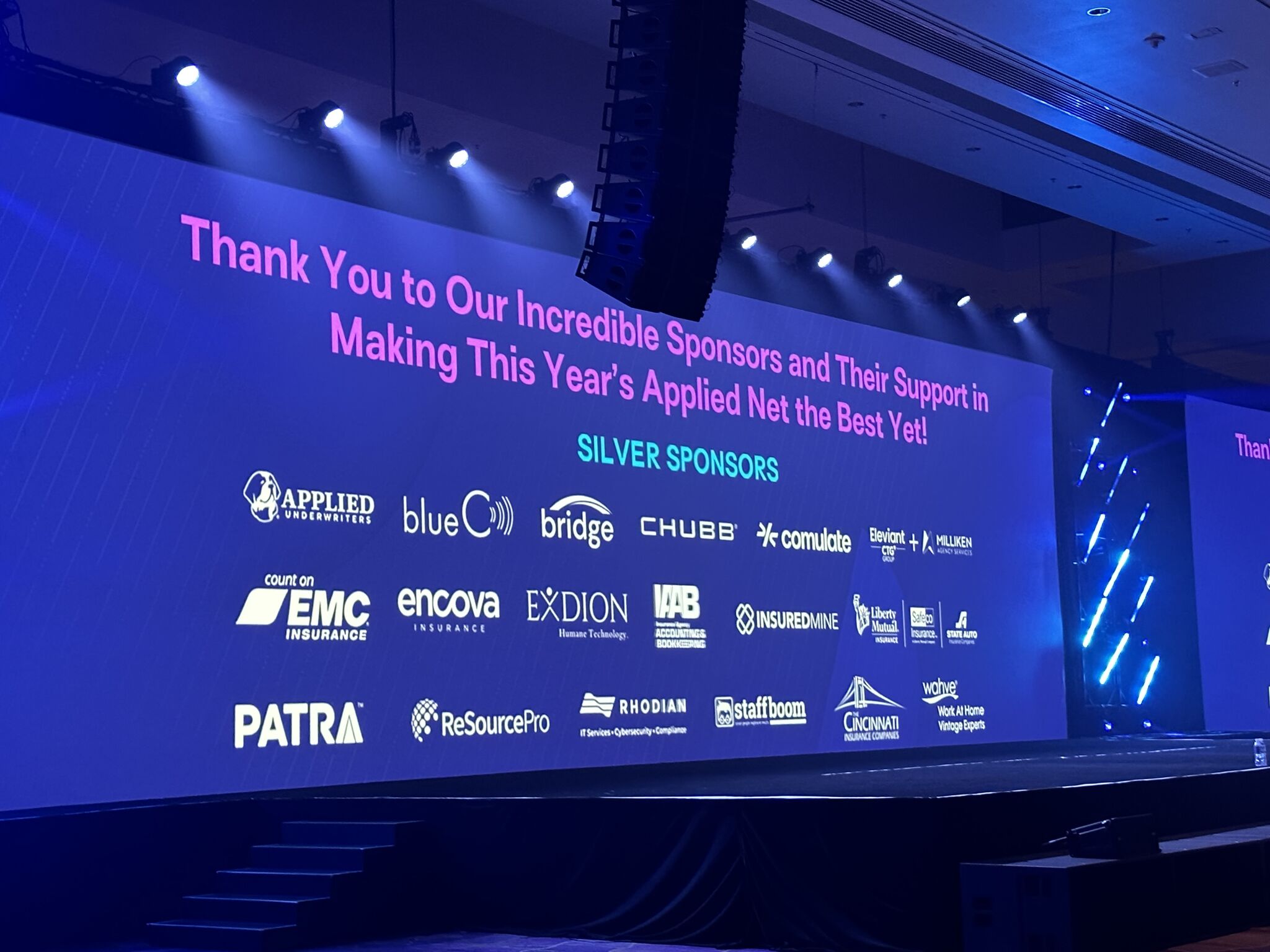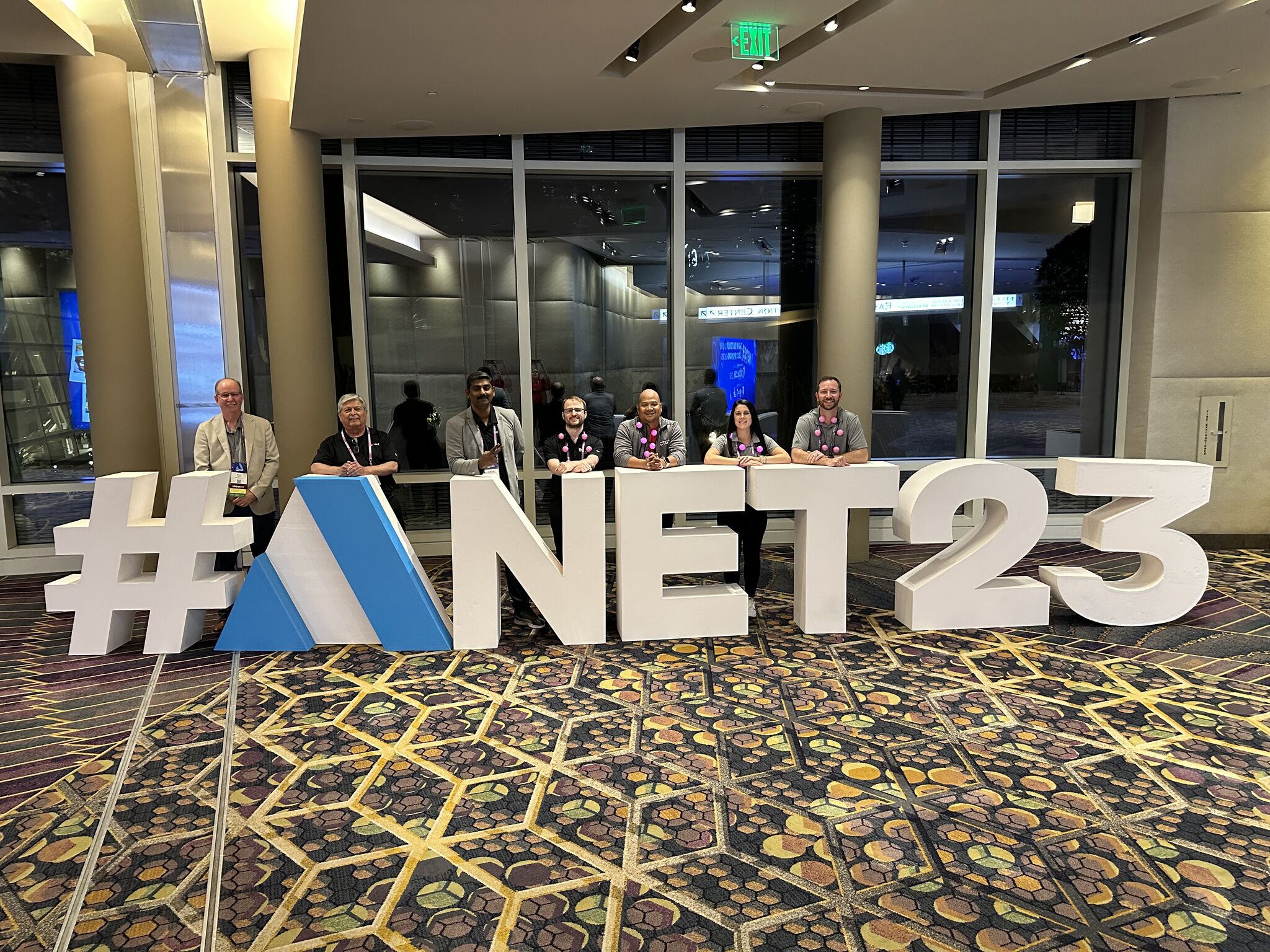Eleviant is to Elevate & Scale. Eleviant Tech symbolizes business transformation and reinforces our mission to help clients elevate and scale their business.
Automating Compliance With Blockchain Technology
January 17, 2019
Usama Hamid

What is Blockchain?
The first thing to understand is that Blockchain is more than bitcoin. It is the fundamental technology based on which Bitcoin works. According to Wikipedia, blockchain is an open, distributed ledger that can record transactions between two parties efficiently, correctly, and permanently.
At its core, Blockchain comprises of the following properties:
- It is a fixed ledger of records with copies distributed among multiple stakeholders.
- A change in any of its ledgers needs to be a unanimous decision of all the participants with each copy reflecting the changes made. This would ensure that everyone has identical virtual copies of the same ledger.
- A change in the copies will also require a common knowledge of all the participants, ensuring that the data is identical.
The Importance of Smart Contracts in Blockchain Solution
- A contract represents the physical agreement between all the parties, where each one of them will verify that this contract is written correctly.
- Then the Smart contract will be applied to all the copies of the ledger and would act as the entry point for ledger changes.
- The contract further goes for checks and sees if there are modifications made across all the ledgers. This includes the copies, and if acceptable, it either validates them or rejects them.
- If any of the ledgers reject a change, that change would be considered as invalid by the other ledgers as well.
What does this Solve?
Blockchain system can be considered as a “Trust Engine.”
A single point of truth for multiple parties (often with conflicting interests) is that it keeps an audit trail of every action done by each party, and further, automates the compliance of every party via Smart contracts.
If any discrepancy is identified, the interested/relevant party can verify their copy of ledger to validate that actions done by others are above board.
Let us consider two fictitious organizations:
- Veanco Inc – A startup business that focuses on manufacturing high-end, custom, luxury electric vehicles.
- Alfa Private Limited – A small manufacturing company that specializes in making automobile spare parts.
Veanco Inc is interested in buying automobile parts from Alfa. But Veanco has strict standards on quality of the components utilized for making their vehicles. These vehicles are going to be driven around by its high-end customers, and Veanco wants to make sure that all the parts, utilized to build such masterpieces, individually pass their quality requirements.
On the flip side, Alfa Private Limited wants to land this prestigious contract, which would likely make Alfa the go-to company for spare parts in the emerging market of electric vehicles. Alfa is also interested in making sure that it has an efficient working system, which they could potentially showcase to other bigger electric vehicle companies.

How Is This Traditionally Done?
This system has several limitations and inefficiencies. It would mean that the effort spent in quality assurance would necessarily be doubled since the teams are involved in verifying the same parts twice.
If by some unfortunate circumstances, Veanco observed a critical flaw in the spare part at the final stages of assembling their vehicle, it would be near disastrous due to the following reasons:
- Veanco will have to check their systems and track down the shipment which had that part.
- Veanco would then verify the quality assurance for that shipment and report that shipment to Alfa.
- Alfa would track down from which batch of parts that consignment might belong to, and check the integrity of their quality assurance.
- Alfa would also have to report all the other shipments, which had similar faulty parts.
- Veanco would have to revalidate all the parts of the received shipments.
- Most importantly, Veanco would have to stop the production until all this is done. So no other flawed part makes its way into other cars.
How can Blockchain fix this?
In a Blockchain solution, both Veanco and Alfa will write up a Smart contract, which will make sure that the quality of parts is verified and assured. This Smart contract can be deployed onto the blockchain ledgers that are managed by each organization.
This would mean both Veanco and Alfa will be a part of the Blockchain network and will share all the relevant details between their ledgers.
Each batch of parts would be logged into the Smart contract and be immortalized in the blockchain. From then on, each quality assurance would be marked against that part. The shipment of the parts would also be managed in the blockchain until it makes its way into the vehicles.
This would introduce a lot of benefits to Veanco and Alfa.
- Veanco would have all the details of the parts, as this helps identify and track down flawed parts efficiently, in their copy of ledger (even without Alfa’s assistance).
- Alfa would have an efficient system in place to detect flaws and increase transparency of quality assurance from their end.
Veanco could even eliminate their quality assurance team because they themselves can see and track the quality assurance tasks done by Alfa. - Veanco can also get relevant information about a vehicle and all its parts available to the end customers. This would result in increased transparency and faith from Veanco’s customers.
- Alfa would have a clean working solution to demonstrate to other automobile manufacturers. This would improve Alfa’s level of transparency in doing business.
How Do We Build Such Solutions?
While there are several popular platforms for developing blockchain solutions, some (like Ethereum) would not translate well into settlements in the enterprise domain.
One of the most popular platforms is Hyperledger Fabric, a production-ready blockchain platform, developed with enterprise requirements in mind. It can be utilized to build highly-sophisticated and customizable blockchain solutions that can scale to new heights and innovations.
Need help! Talk to Our Blockchian Expert.
Get in touch with our Digital consultants to Elevate & Scale your business
Free ConsultationReady to get interesting insights of Eleviant? Subscribe to our Newsletter
SubscribeRelated Posts
Digital Transformation
Emerging Tech
RPA Automation
Rising Adoption of Automation in Insurance Ag...
Cloud
Digital Transformation
Emerging Tech
Future Trends in Cloud Modernization: What to...
Cloud
Digital Transformation
Emerging Tech
Optimal Scaling: How Companies Can Budget for...
Get in touch with our Digital consultants to Elevate & Scale your business
Free ConsultationReady to get interesting insights of Eleviant? Subscribe to our Newsletter
Subscribe




